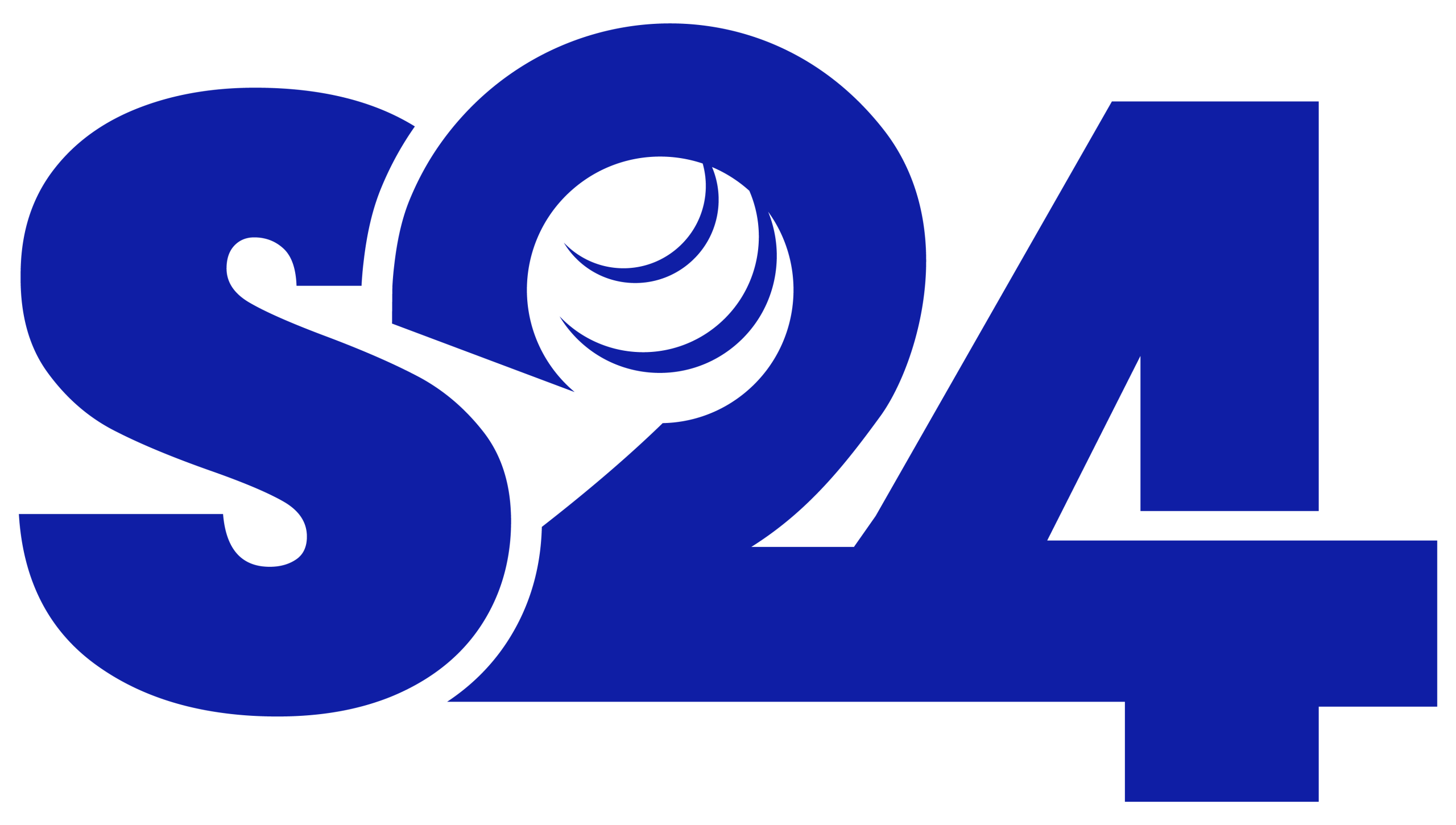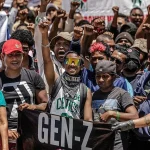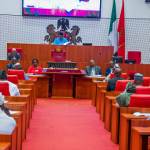The Nigerian House of Representatives has pledged strong support for the Child Online Access Protection Bill (HB 224 / 2023), aiming to shield children from the growing threats posed by online abuse, exploitation, and exposure to harmful digital content. The commitment was affirmatively restated by lawmakers during recent stakeholder engagements and committee sessions.
Sponsored by Hon. Olumide Osoba, the bill seeks to create a legal framework that addresses various forms of online violence against children. This includes provisions for:
Mandating platform accountability, compelling internet service providers and online platforms to remove or block harmful content.
Introducing reporting mechanisms so that instances of abuse or exposure to harmful or inappropriate content can be effectively flagged and investigated.
Imposing penalties including fines and imprisonment for perpetrators of online abuse or abuse material affecting children.
Educational and preventive measures: raising awareness among parents, integrating digital safety into school curricula, and other means to equip young users with safer internet usage skills.
Read Also: Tinubu Seeks NASS Approval for $2.3bn Loan, $500m International Sukuk
In a recent meeting convened by the National Online Safety Coalition which includes groups such as Gatefield, CITAD, and Digicivic Hon. Olumide Osoba, Chairman of the House Committee on Justice, reiterated that his committee is ready to partner closely with civil society stakeholders to accelerate the passage of the bill.
Osoba said, “My committee is ready to support and work very closely with the coalition and other stakeholders to ensure the passage of the bill is accelerated.”
While the intention and urgency are clear, certain concerns have been raised, especially about how the bill will be funded and implemented:
The Federal Inland Revenue Service (FIRS) has rejected proposals for imposing additional levies or taxes on businesses to finance the bill. FIRS argues that existing levies are already many, and that funding should instead come via budget appropriation.
Other regulatory bodies like the Nigeria Communications Commission (NCC) and the National Human Rights Commission have pointed to potential overlaps with existing laws, and have submitted proposals for amendments so that the bill does not duplicate what is already covered.
The move to pass this bill comes at a time when the digital presence of children in Nigeria is rapidly expanding, with large numbers of minors accessing the internet daily. Advocates warn that:
Many children are at risk of cyberbullying, grooming, identity theft, exposure to sexual content, and other online harms.
Existing legal protections and enforcement are seen as insufficient. Only a small fraction of harmful cases are currently prosecuted or result in the removal of online content in a timely manner.
To turn the pledged support into law, stakeholders expect the following to happen:
The Justice Committee to review input from civil society and regulatory agencies, make necessary amendments, and report the bill out.
Resolution of funding debate defining whether through appropriation or another acceptable source.
Establishment of enforcement mechanisms: regulatory oversight, reporting lines, penalties, and platform cooperation.
Passage through the House plenary (third reading), then concurrence with the Senate, and finally assent by the President.








